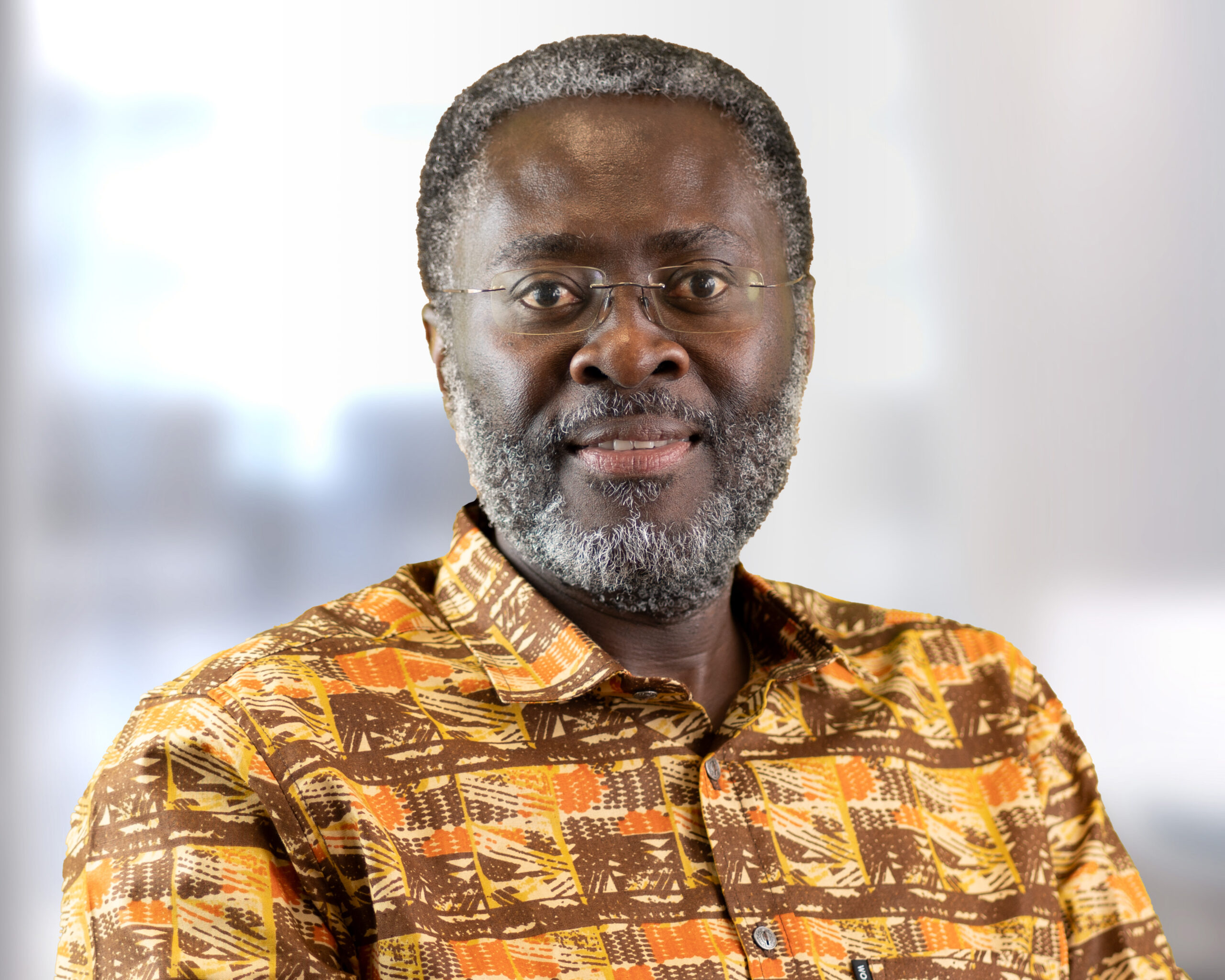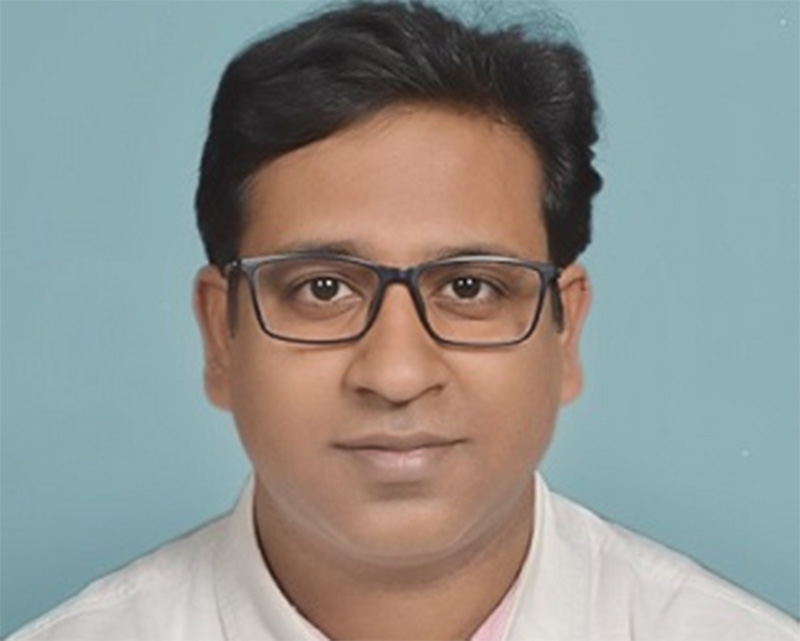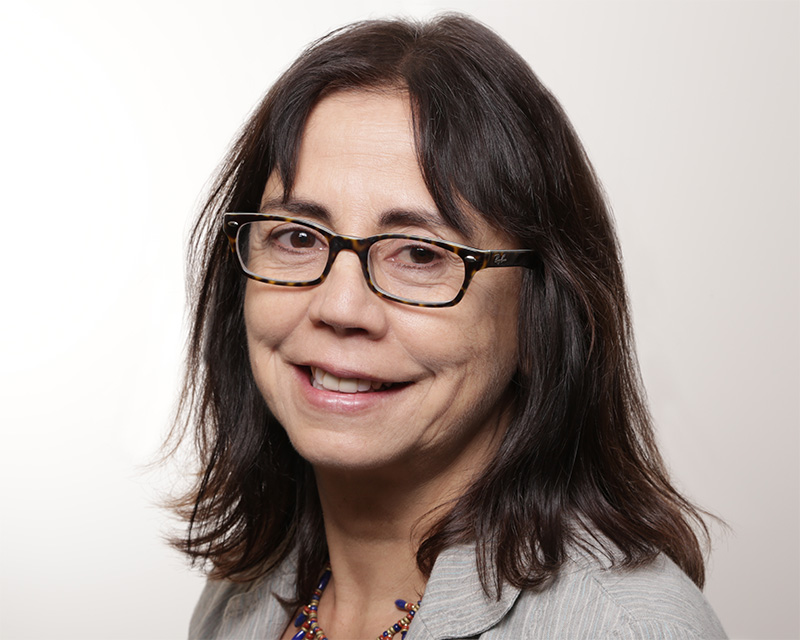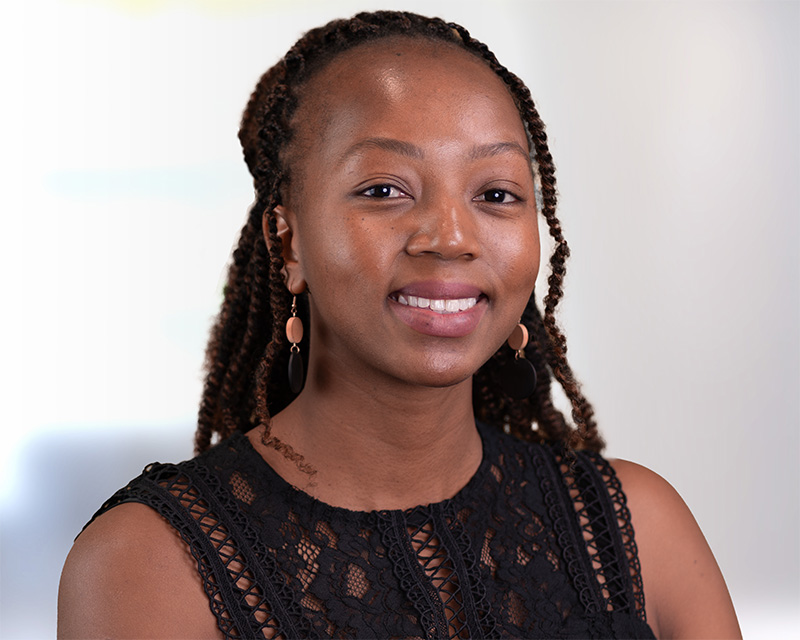
Claudia Ringler
Director, Natural Resources and Resilience (NRR), Natural
Resources and Resilience

Director, Natural Resources and Resilience (NRR), Natural
Resources and Resilience

Director, Innovation Policy and Scaling (IPS), Innovation
Policy and Scaling

Senior Research Fellow, Development
Strategies and Governance, Africa

Senior Research Fellow, Development
Strategies and Governance

Senior Research Fellow, Natural
Resources and Resilience

Research Fellow, Natural
Resources and Resilience

Senior Research Fellow, Innovation
Policy and Scaling

Project Coordinator, Development
Strategies and Governance

Program Manager, Development
Strategies and Governance

Scaling Specialist, Innovation
Policy and Scaling

Program Head, Development
Strategies and Governance

Senior Program Manager, Innovation
Policy and Scaling

Visiting Senior Research Fellow, Director
General's Office (DGO)

Nonresident Fellow, Foresight
and Policy Modeling

Nonresident Fellow, Development
Strategies and Governance

Research Analyst, Poverty,
Gender, and Inclusion

Research Analyst, Innovation
Policy and Scaling

Senior Research Analyst, Natural
Resources and Resilience

Senior Research Analyst, Development
Strategies and Governance

Research Associate – Demand Creation, Innovation
Policy and Scaling

Communications Manager, Development
Strategies and Governance